King's College International school, Wuxi
WEEK WITHOUT WALLS
Week Without Walls is a great opportunity for students to work with their peers from other grades and continue to strengthen the fabric of our international community. Furthermore, it is an opportunity for students to learn around a theme, breaking down the walls between subjects like English, Maths, Science and Chinese and learning in a completely different context. Our G1-5 Week Without Walls projects this year were planned around a trip to a nearby farm. Students spent a whole day at the farm, taking part in a range of activities from digging for potatoes to fishing for crayfish. During and after the trip, students were encouraged to think about what farms are for, what produce we get from farms and how we use them. Many of these questions led into the creation of student-led projects this week…
Group 1

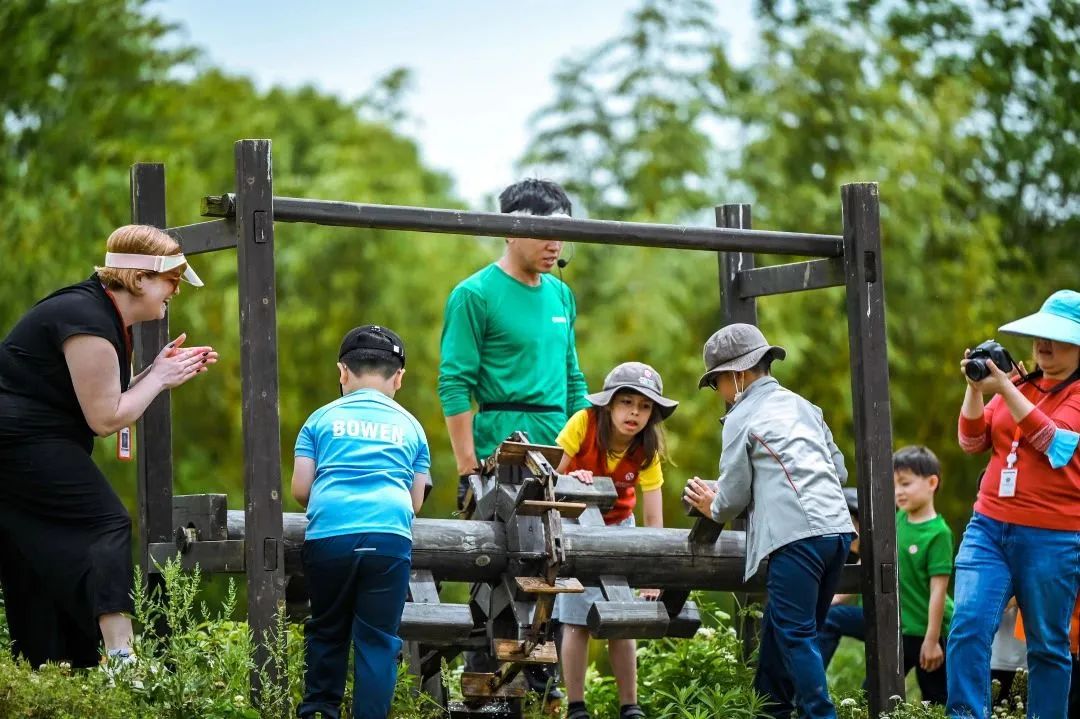
Abbi Clarke & Lexi Chen
Group 1 took part in a project "Exploring Food and Farming Through Art," in which students delved into the realms of agriculture and artistic expression. By blending digital and physical art techniques, young learners not only developed new creative skills but also gained a deeper understanding of the significance of food production and farming. Through collaborative efforts, students created a vibrant collage representing various aspects of farming, showcasing crops, animals, and flowers. Additionally, they constructed farm models using Lego and craft materials, stimulating their imagination and reinforcing the connection between agriculture and art. This interdisciplinary project fostered teamwork, creativity, and an appreciation for the beauty of food and farming.
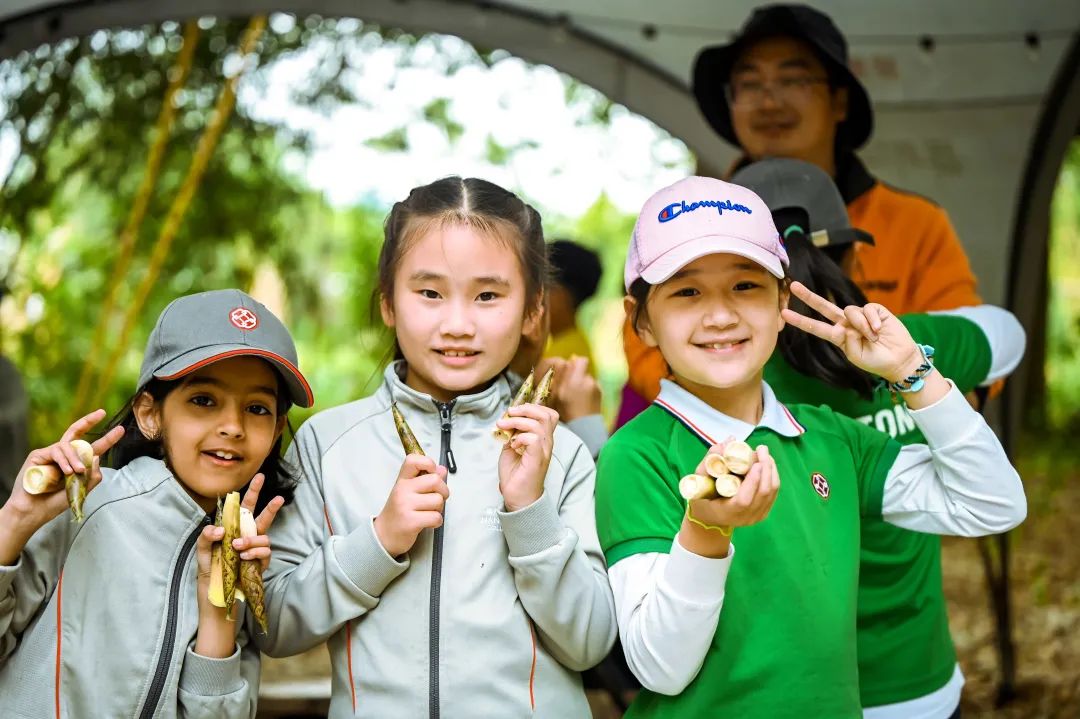
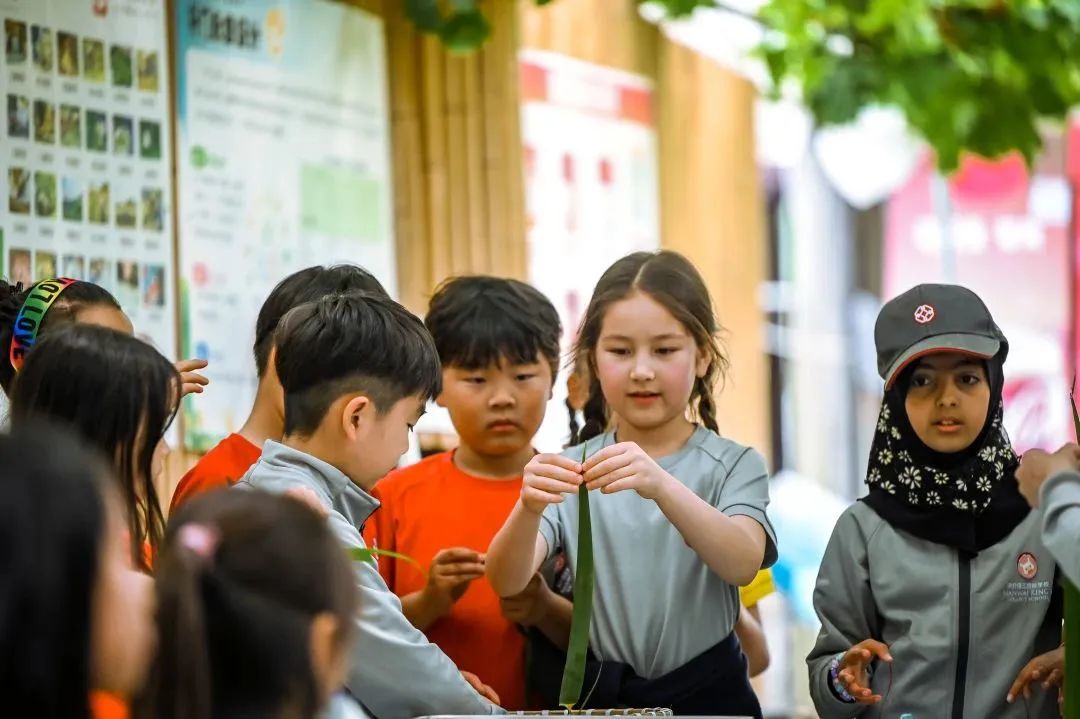
Group 2

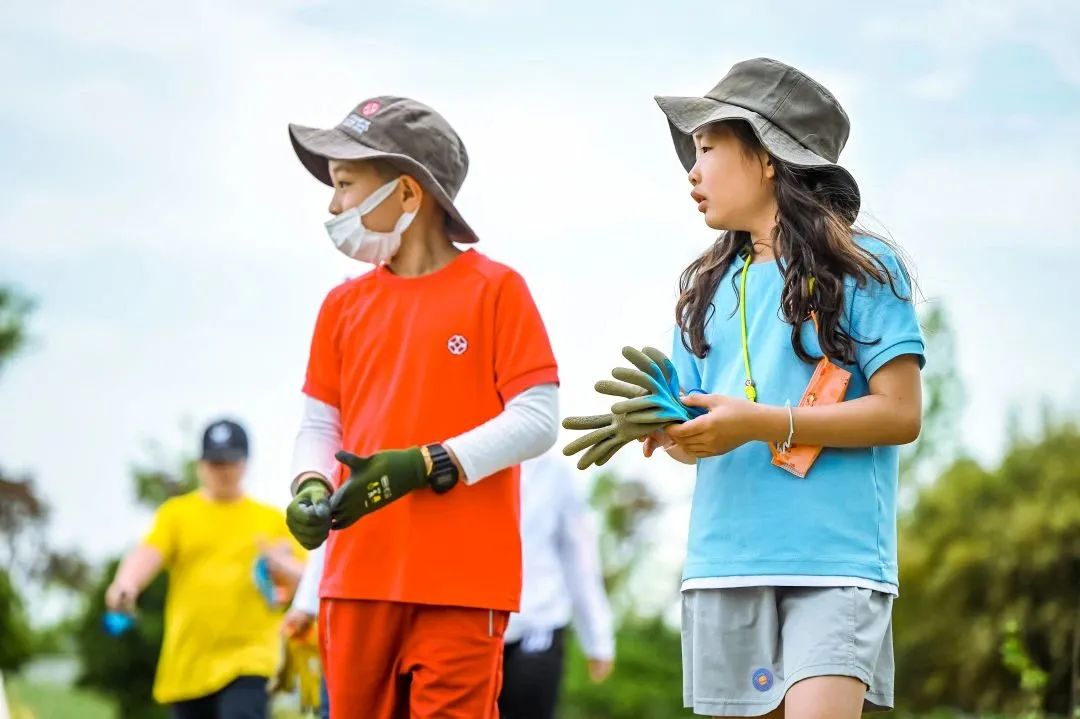
Joey Massoud &
Sherry Jiang
Students learned about the germination process of plants and to extend the scope of their learning from the field trip at the start of the week. They also learned about how those plants are converted into fabric or clothes with the help of ginning, spinning and finishing processes (aka Fiber to Fabric process). To consolidate their learning of this process, students made a series of models, demonstrating the planting and harvesting of crops and how clothes are made in factories before being sold in shops.
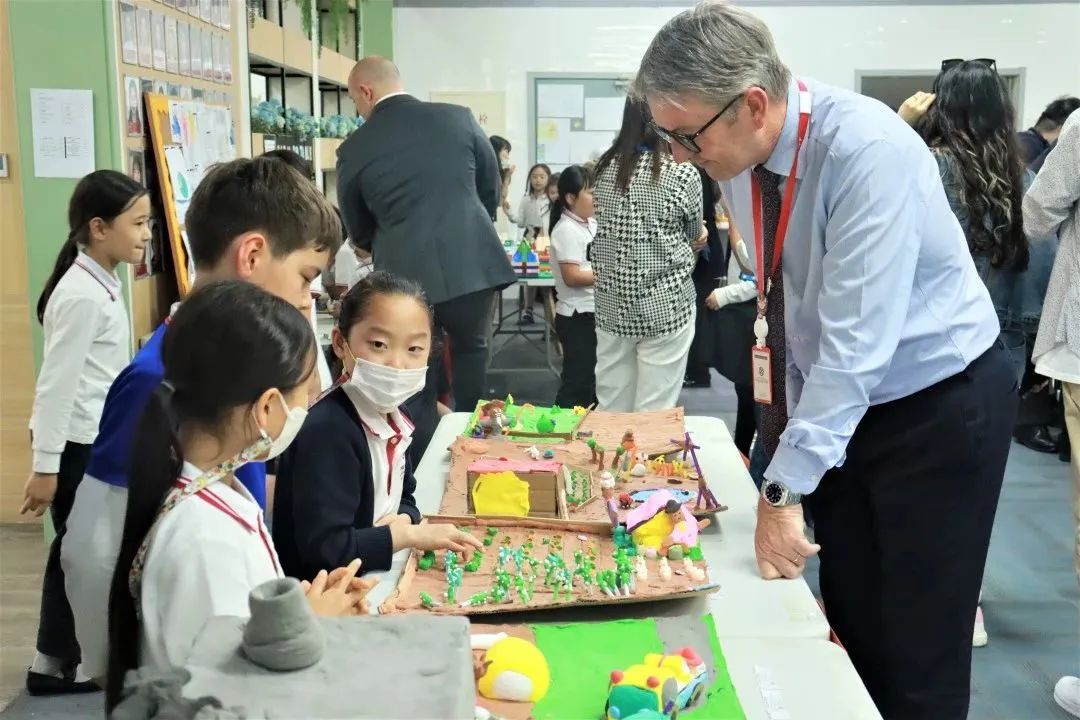
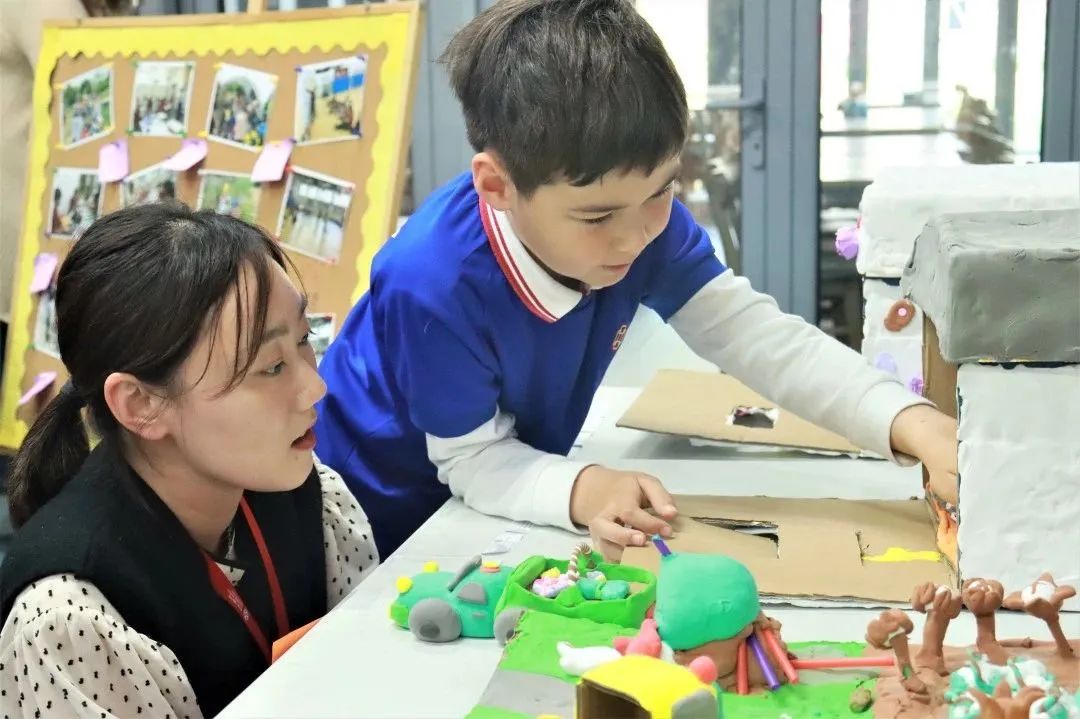
Group 3

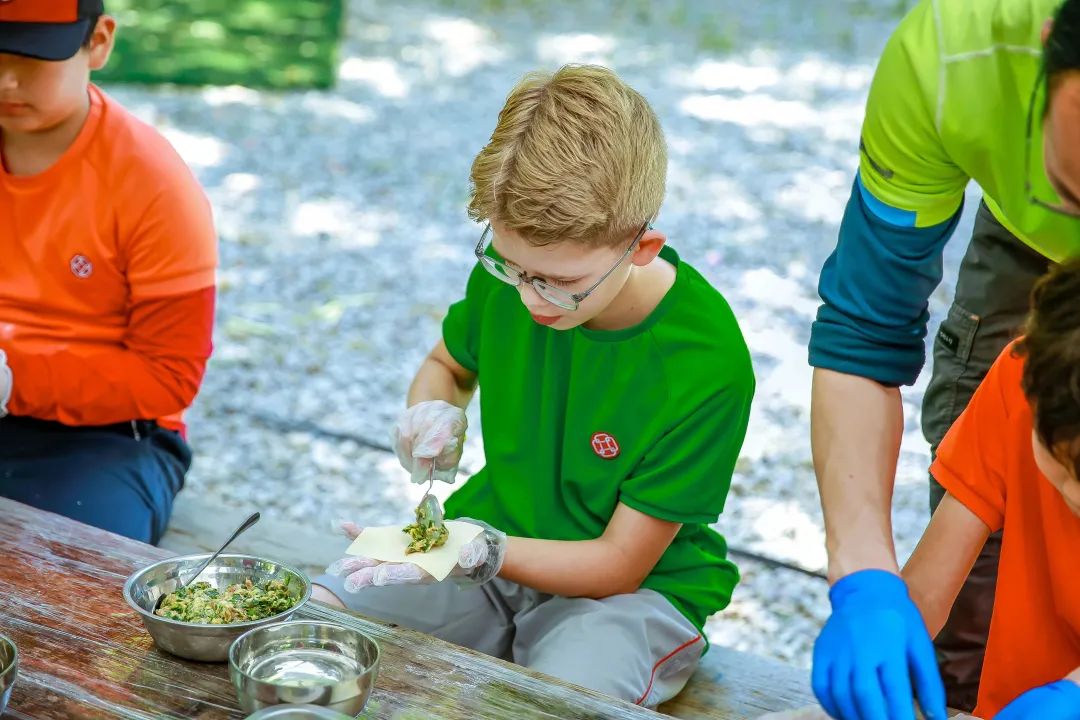
Nick Sutherland &
Mica Zhou
Our first activity of the week was to head to the cooking room to make wontons. Students mixed fresh ingredients to make the wonton filling, then learned how to shape a wonton using wonton skins. These wontons were frozen for later! Over the following days, our group learned about how some of the wonton ingredients (pork, chicken, spring onions, and wheat) made from the farm to our kitchen. We then made a large model of each step of this process, from the farms, to processing plants, to the supermarket, and home. We also created informational videos explaining each step, which could be accessed on our model using a QR code. On the final day we cooked the wontons we had made on Monday to try ourselves, and to serve to the exhibition attendees! It was a really fun week of learning and creating!
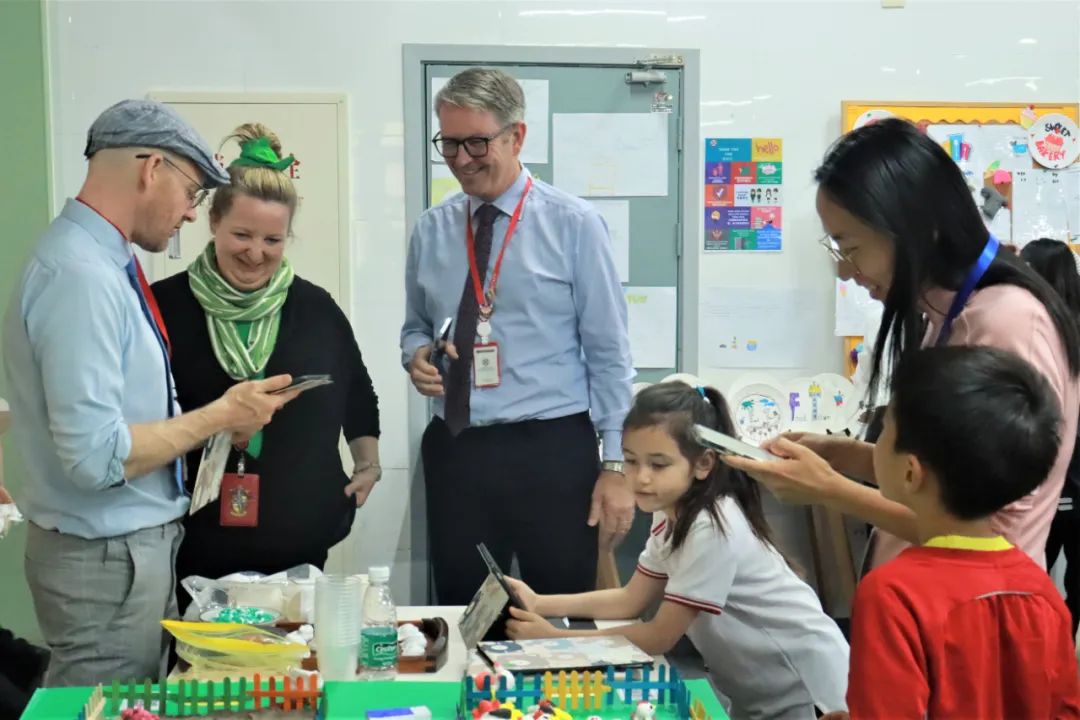
Group 4

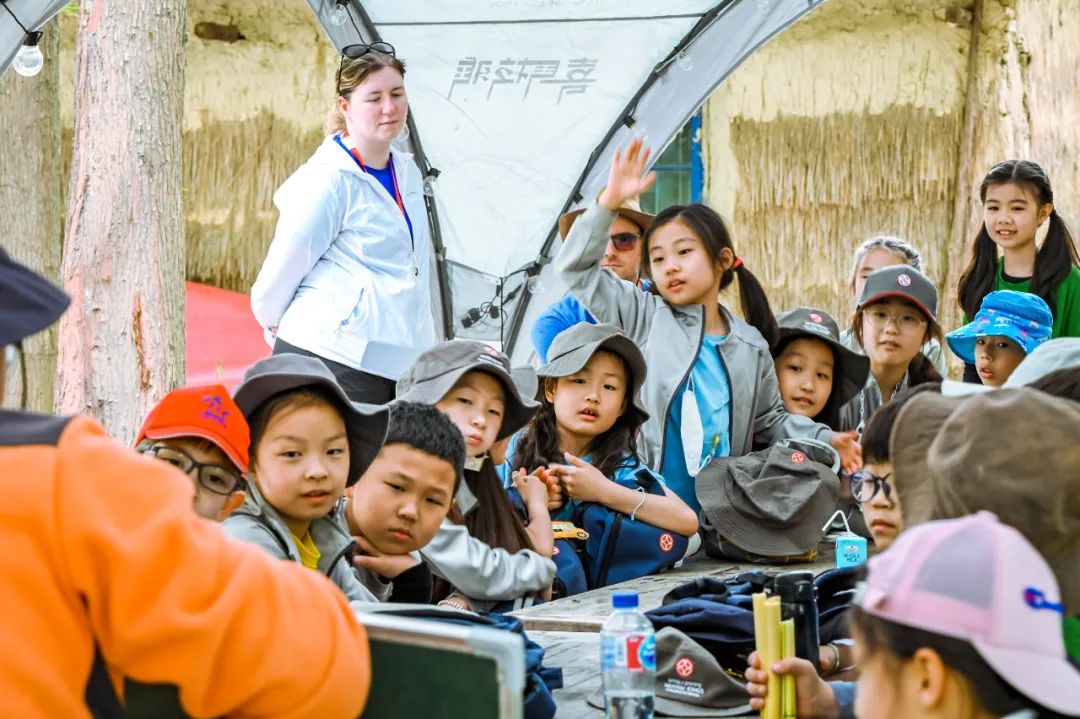
Jenni Smith-Li & Sally Yu
WWW is an opportunity for students to take charge of their own interests and learning when it comes to project making and research. The main concept, I as the teacher, introduced to my group was the past, present and future of farming. Farming has been central to human civilisation for over 10,000 years and as the world’s population grows, the future generation are going to have to create new and inventive ways to keep the world fed and healthy. With wheat production and the dairy industry as a starting point, students used different resources, both online and offline, to construct and answer their own questions about farming from these different time periods, as well as create interactive 3D farming scenes to give a visual aid as to how the image of farming has changed over time: from simple tools used to sow seeds to using automated drones to check a cash crop’s growth rate and projected yield.
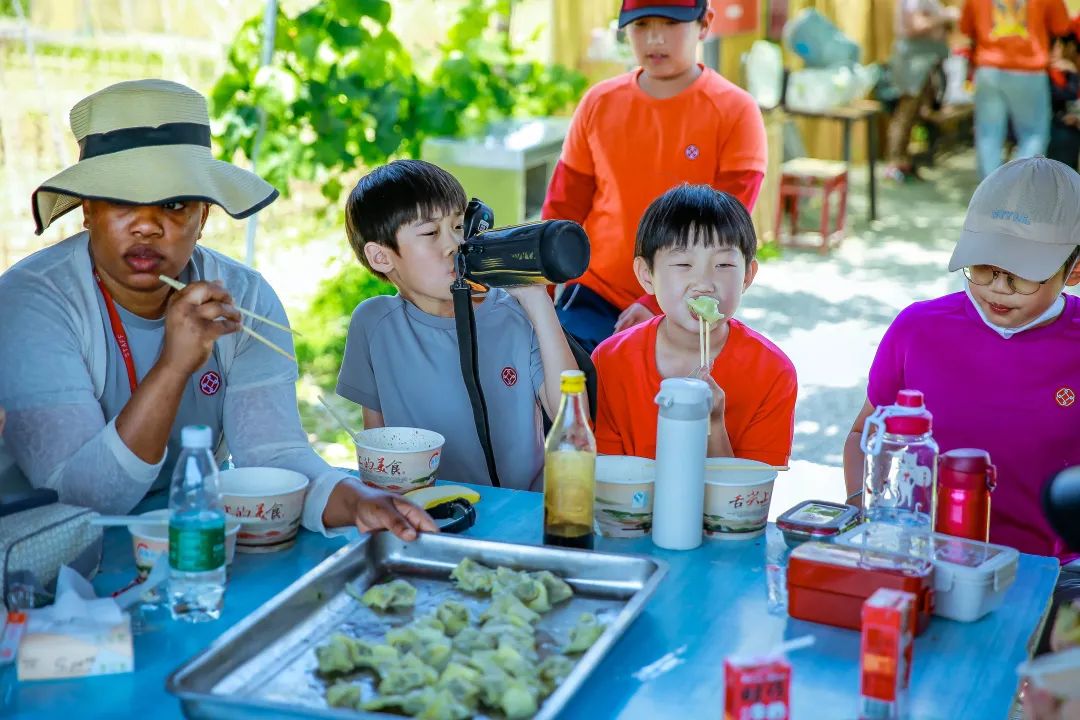
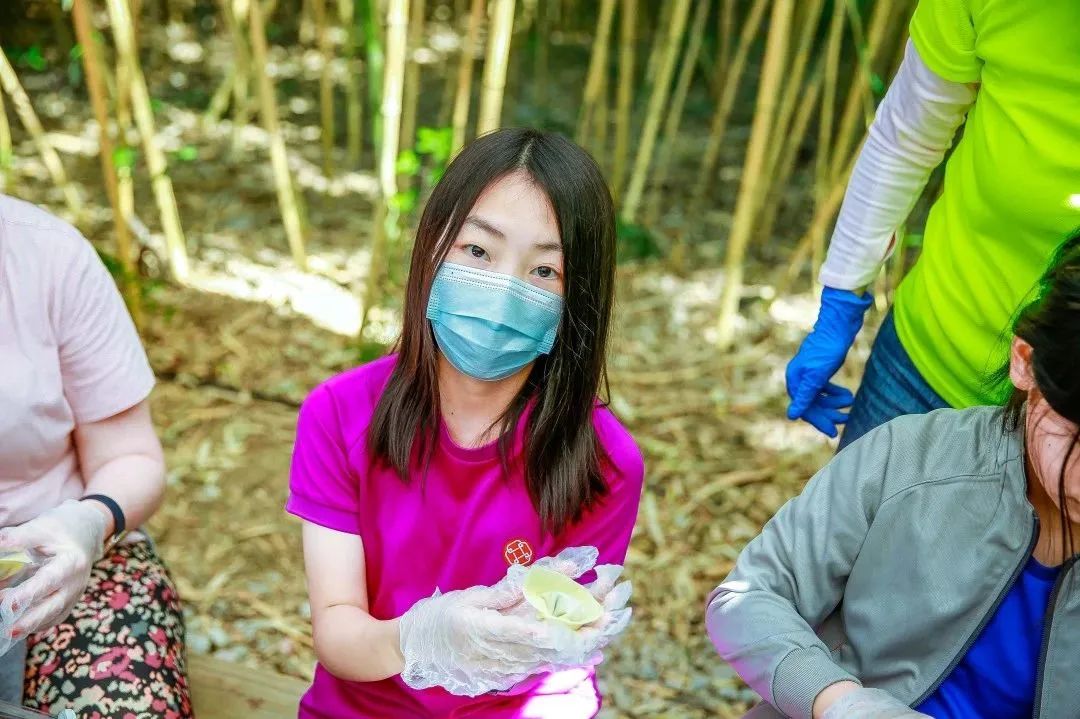
Group 5

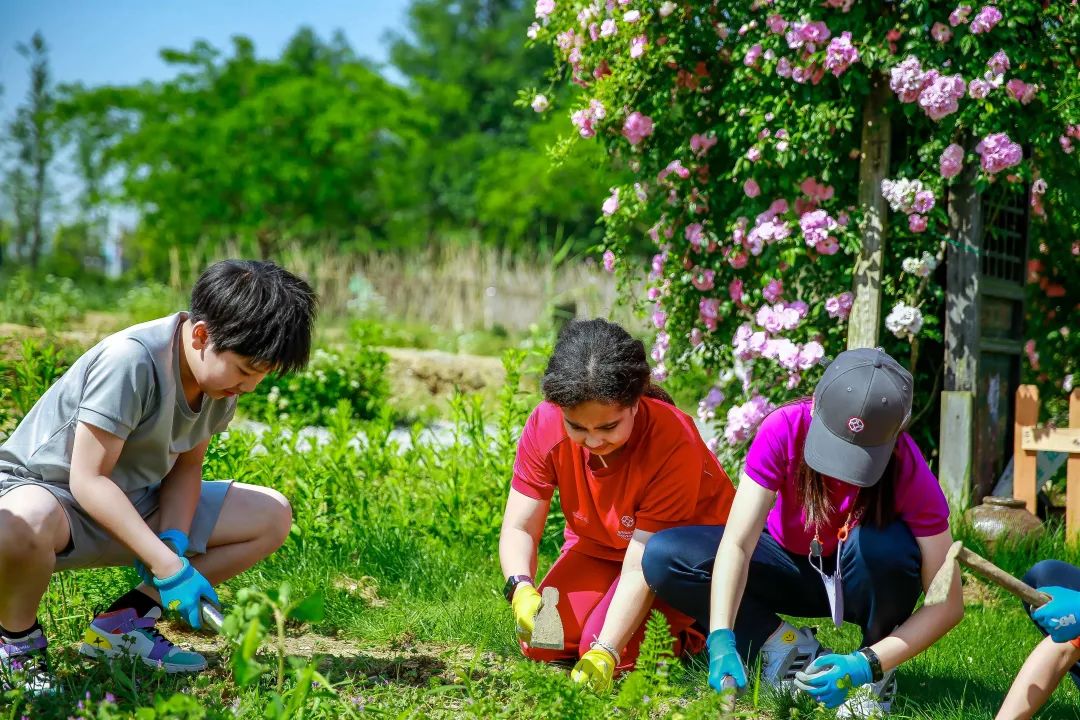
Owen Hall & Jane Jiang
We looked at better options for the 'bad fats' and excessive sugary meals we frequently consume during Week Without Walls 2023. Students independently investigated these substitutes, and we utilised their findings to prepare these meals in the kitchen. Students prepared applesauce, banana ice cream, cauliflower rice, carrot crisps, and sweet potato fries. All of this ended with students starting their own business under the name H.E.L.P. (Healthy Eating Living Planet), for which we created a logo, packaging for our carrot chips and sweet potato fries, and even a rap video advocating healthy eating.
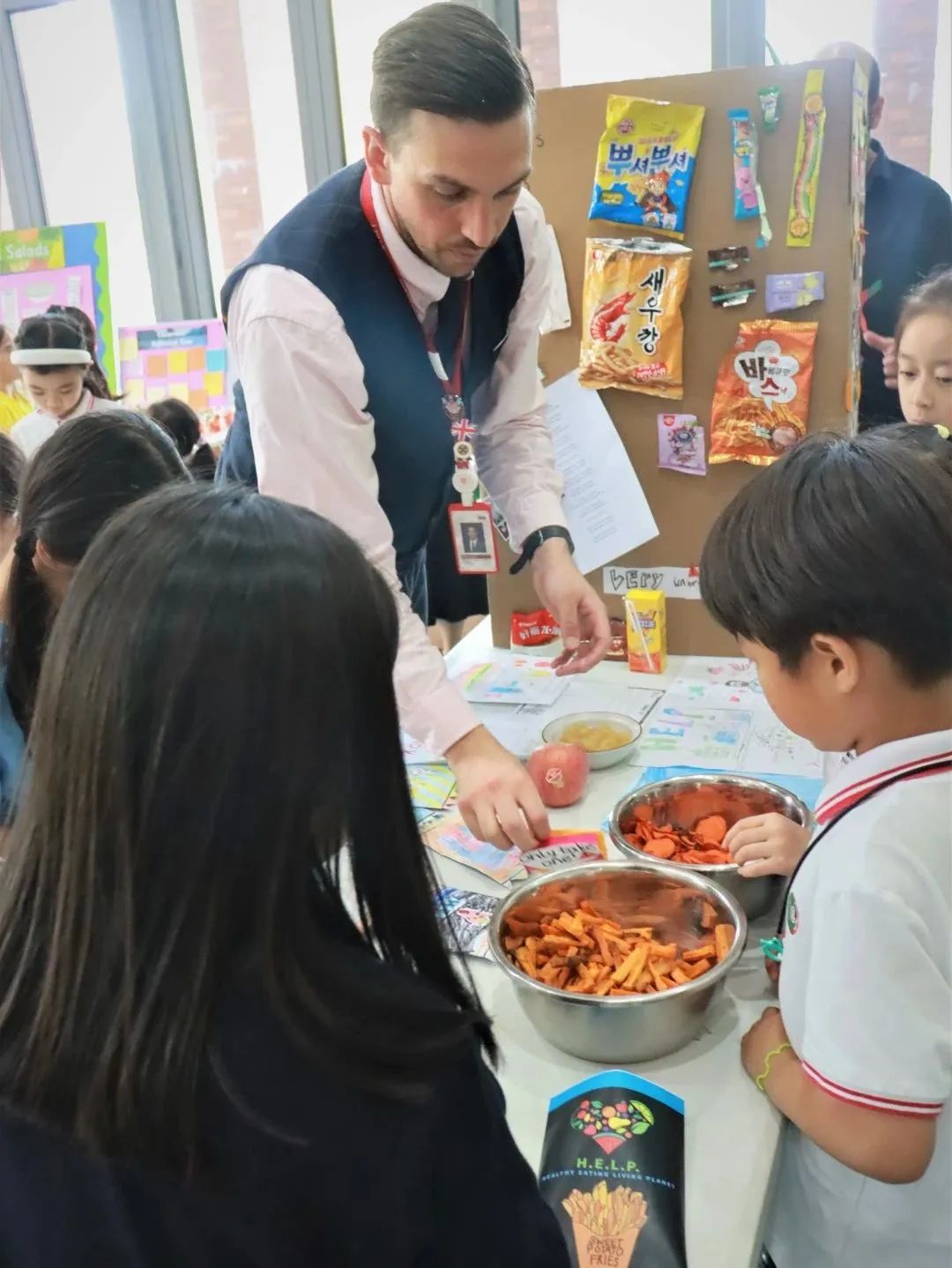
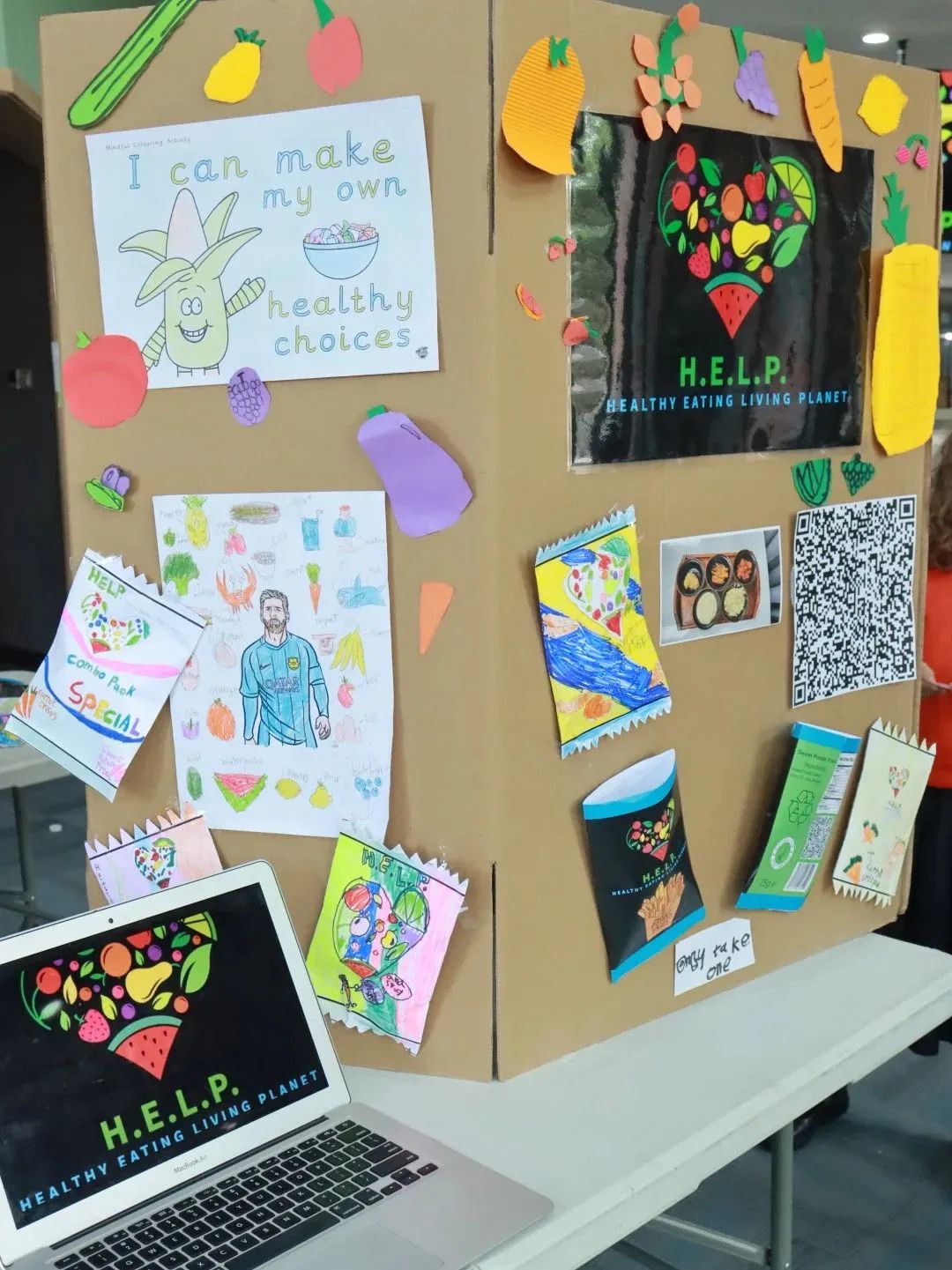
Group 6

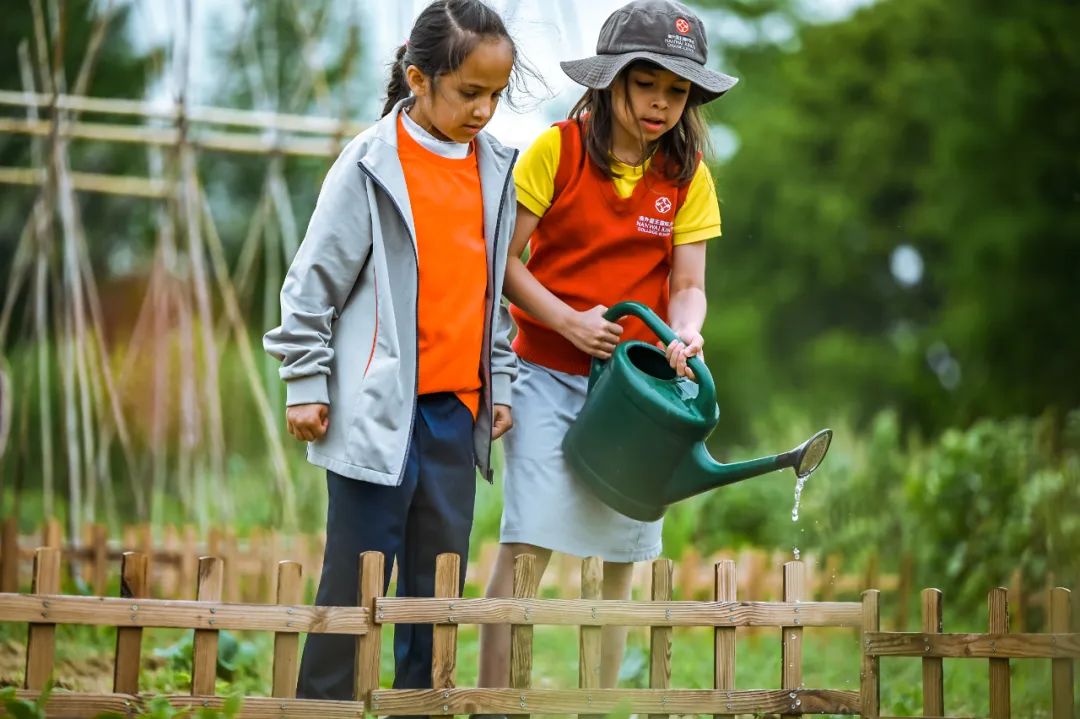
Cynthia Seda &
Katrina Shen
During the Week Without Walls, we started by looking at how food got to our table. We studied how fruits and vegetables grew and the different parts of the plant that we could eat. On the second day we identified that not all fruits and vegetables grow locally. After which we used iPads to research the different imported fruits and vegetables. In groups, students were then able to combine the information from their research to calculate how many miles each food had traveled to get to China. The students were tasked with making a salad for a salad bar, using the least amount of food miles for a sustainable school salad bar. Each group then chose ingredients and designed their very own fruit or vegetable salad with the least amount of food miles, with a name and a catchy slogan to boot. After a tasting session where they tasted different types of salads, students then revised their original plans paying attention to the colour, flavour and texture of their salads. On the final day students in group 6 made and presented their salads.
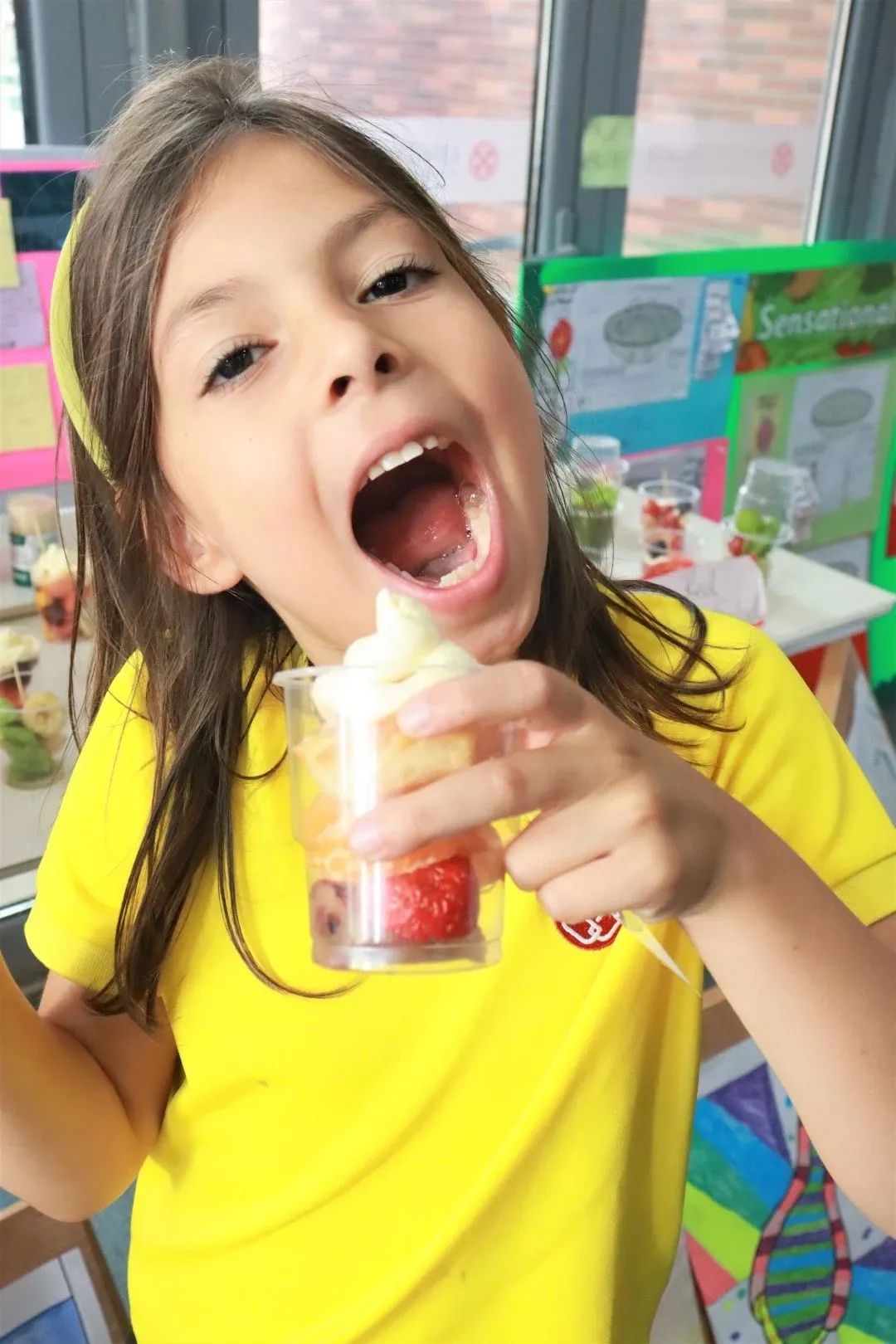
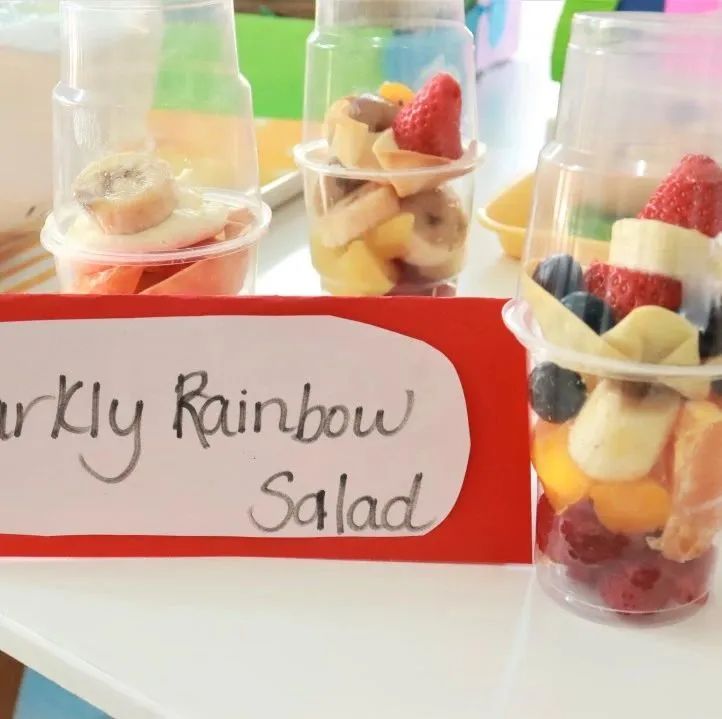
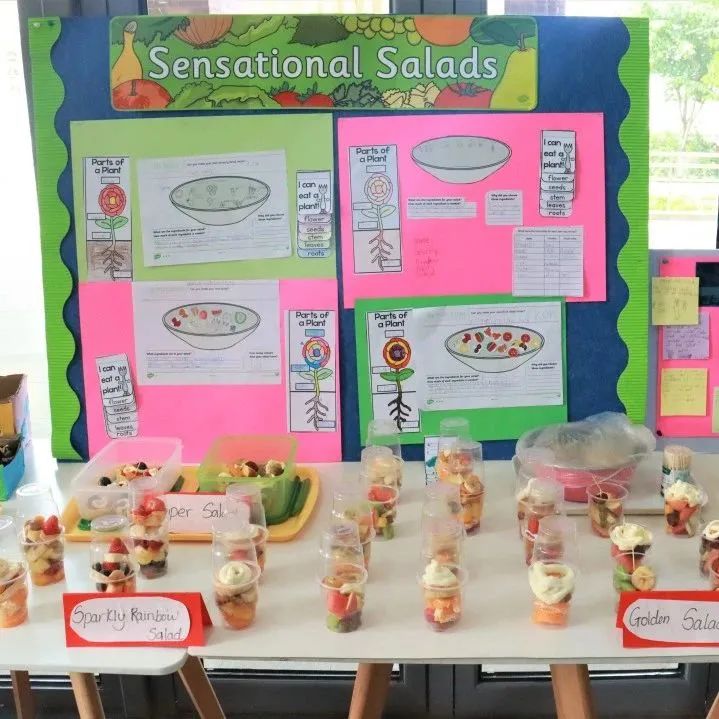
Group 7

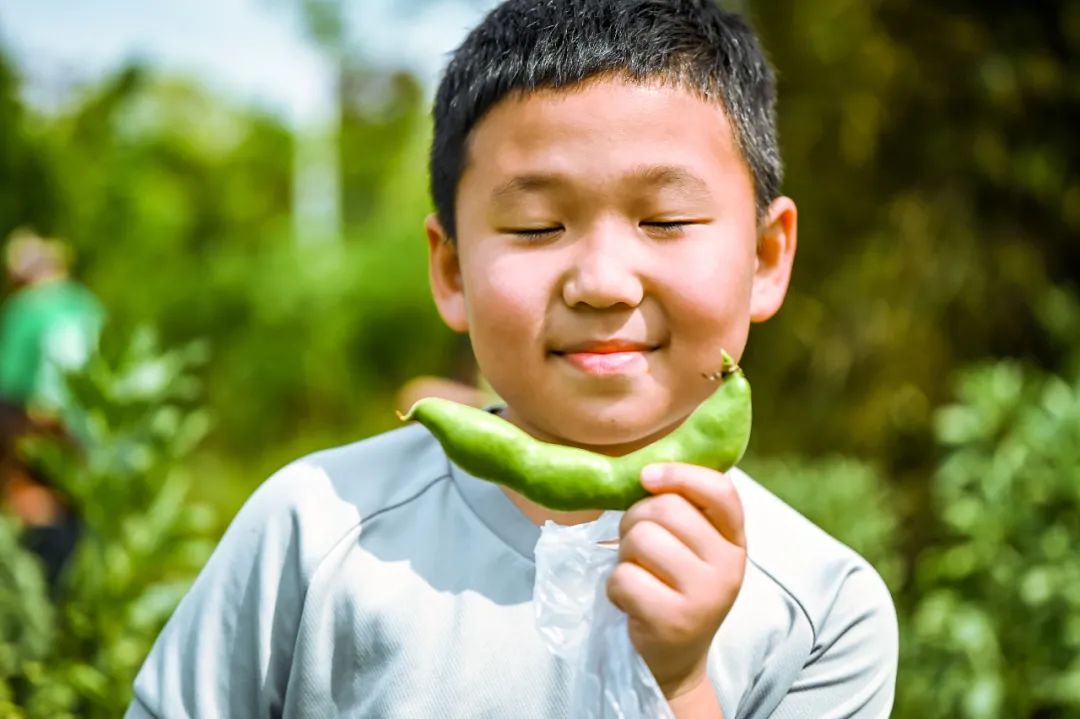
Thomas Hickey &
Lilian Zhang
During our school's Week Without Walls activity, our group delved into the concept of a survival garden. Throughout the week, we focused on identifying the essential crops required to sustain ourselves independently. To showcase our understanding, we collaborated on creating farm clay models, incorporating the crops we believed were necessary for adequate nutrition and calorie intake. Additionally, we worked together to create a presentation board highlighting our findings. Our activities also included learning about calories through a science experiment involving burning food, learning about how much money we can save by growing our own food, as well as planting lettuce seeds to gain hands-on experience with gardening. Throughout the week, we were highly engaged, actively participating, and eagerly sharing our ideas. The group gained valuable knowledge about survival gardens and the importance of growing the right vegetables for our sustenance.
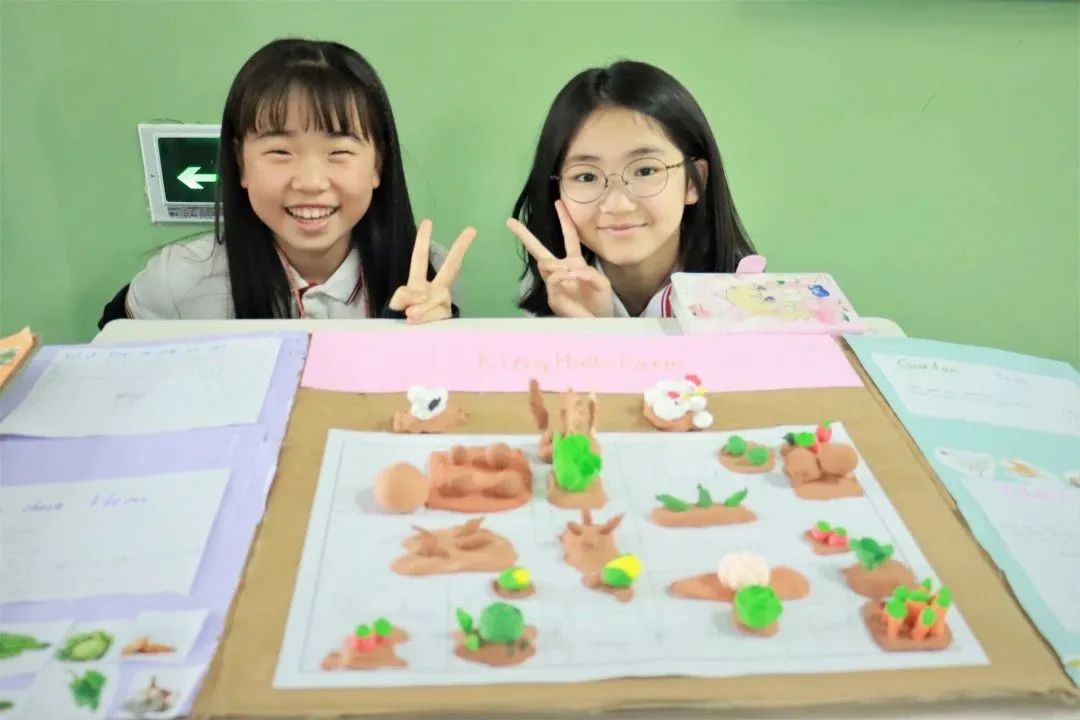
Group 8

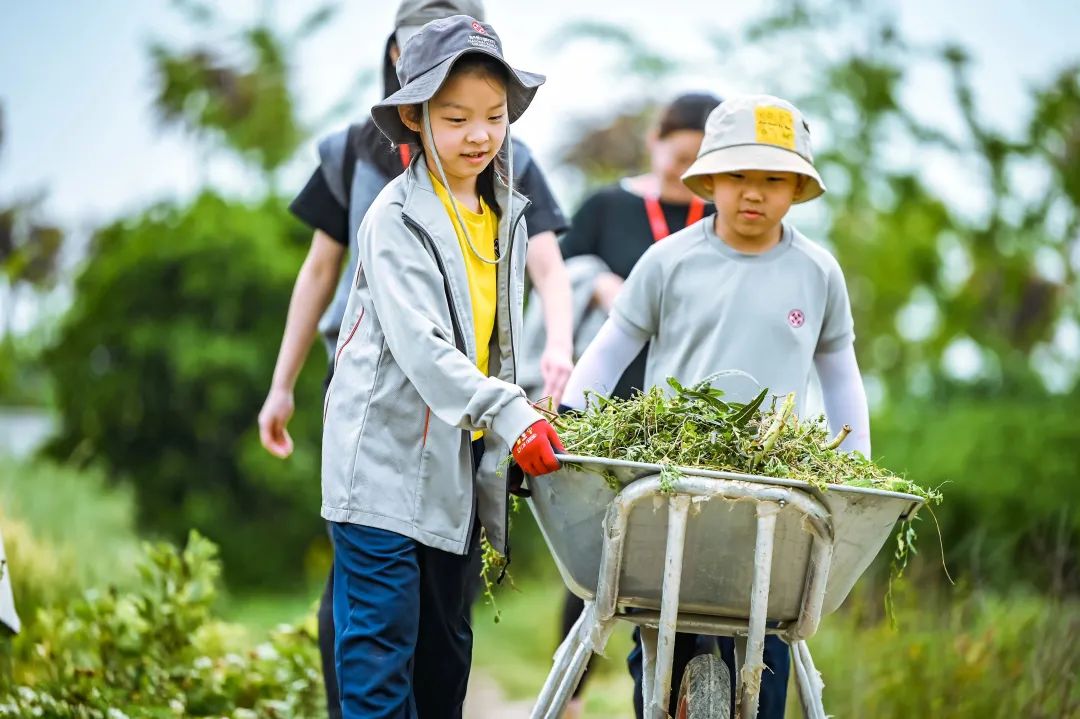
Latoya Copeland &
Penny Pan
During Week Without Walls, we took the students on an exciting learning journey. STEM (Science, Technology, Engineering, Maths) method was used to enrich the learners vocabulary about Agriculture. The students started by collaboratively discussing renewable and non-renewable resources that can be found on a farm. After that, they worked as engineers by making greenhouses from the resources the teachers provided. The students also made a wind turbine in which they had to accurately measure parts of the farmhouse and the turbine blades correctly, then used a circuit board to make the turbine spin. Everyone was nervous about whether the wind turbines would spin, but it worked in the end. Next, the students dived deeper into agriculture and looked at the different types of crops. The teachers also took the students on virtual trips, and they learned about crops in Australia, China, Ghana and America. Additionally, the students looked at the factors influencing agriculture. Also, the learners looked at the life cycle of wheat and things that can be processed into then used Reader's Theatre approach to do a play based on 'Wheat'.
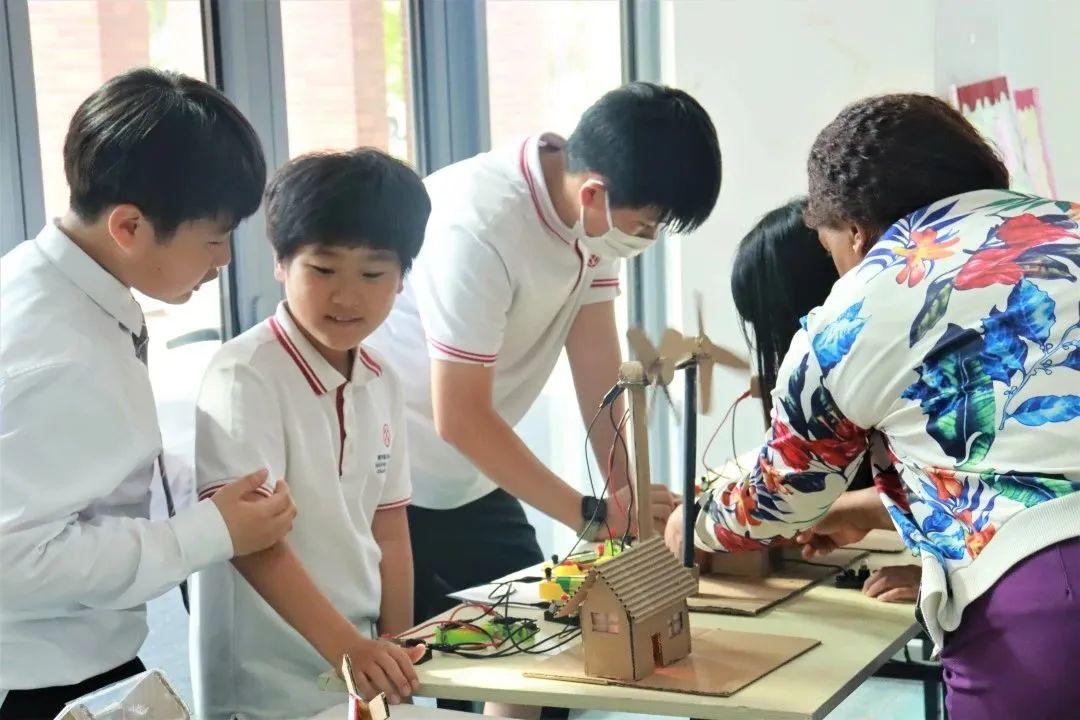
Group 9

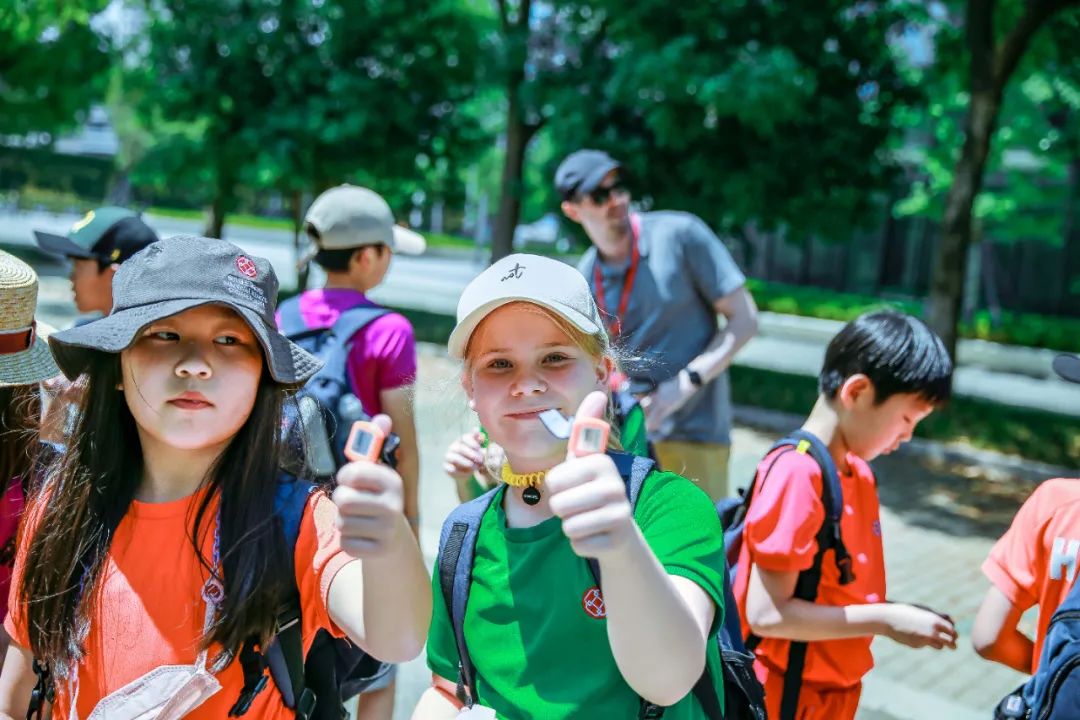
Caroline Malone &
Susie Wang
Our G4&5 group had a great week! We based our work around a Cooking Show where we had a 'cook-off' against Mr Worrell & Ms Qin's group (Group 10). We designed menus for our own restaurants and made TV adverts in Drama about some of the dishes on the menu. In Music, we composed a jingle for our group restaurant 'Food Town' which we also designed plates for. At the end of the week, we cooked amazing food: fudge, vegan cupcakes, burgers, noodles and banana cream pie. It was an amazing week of great collaboration, imagination and creativity.
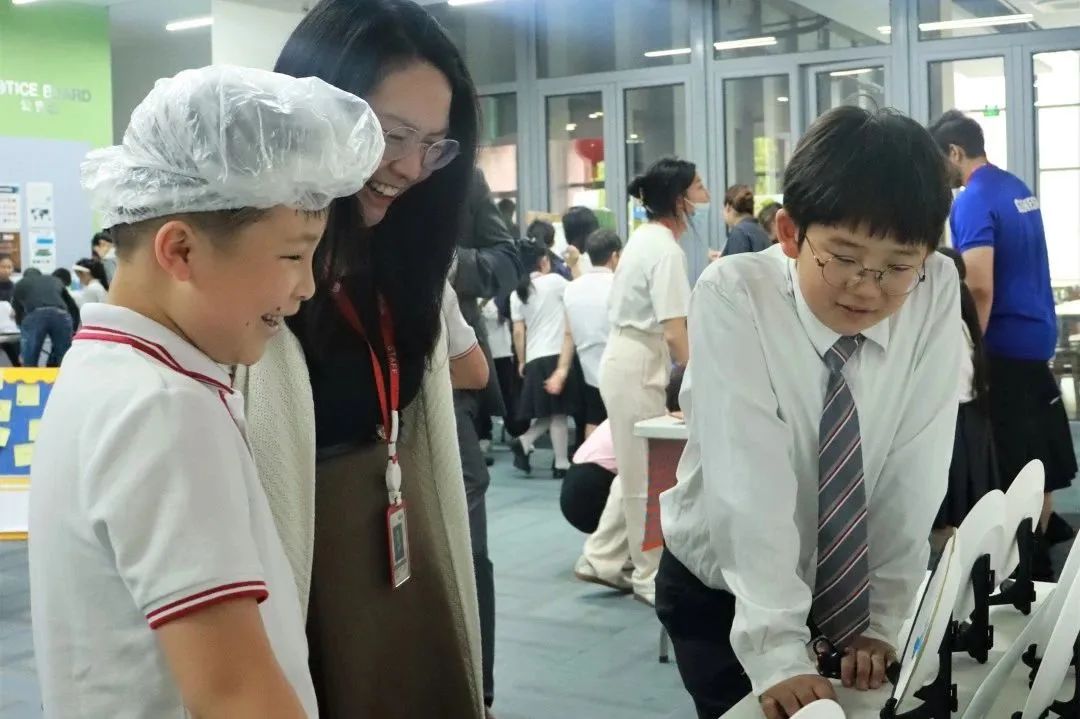
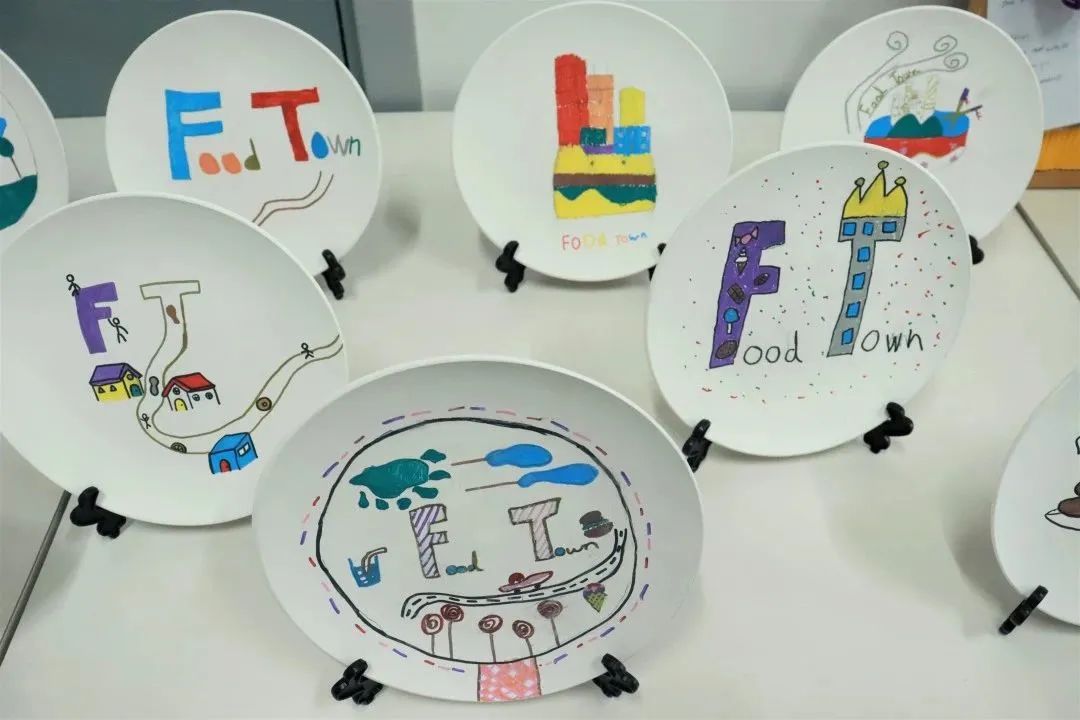
Group 10

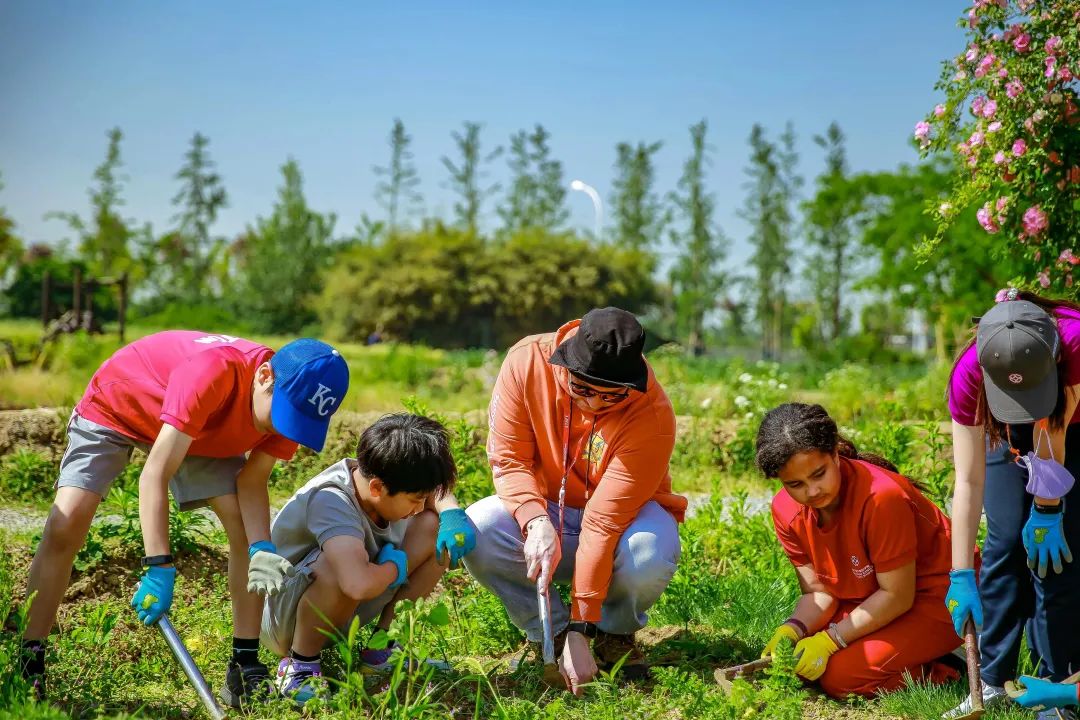
Matt Worrell &
Monica Qin
During Week Without Walls , the students took part in a project that required them to design their own restaurant and compete in a live cooking show. The experience encouraged collaboration amongst students as they worked together to brainstorm, plan and bring their restaurant ideas to life. The students explored various aspects of restaurant management from menu creation, budgeting, marketing and even the recording of our own TV advert. The Week Without Walls project was a truly immersive, hands-on learning experience for all students that resulted in an enjoyable week which will live long in the memory of all involved.
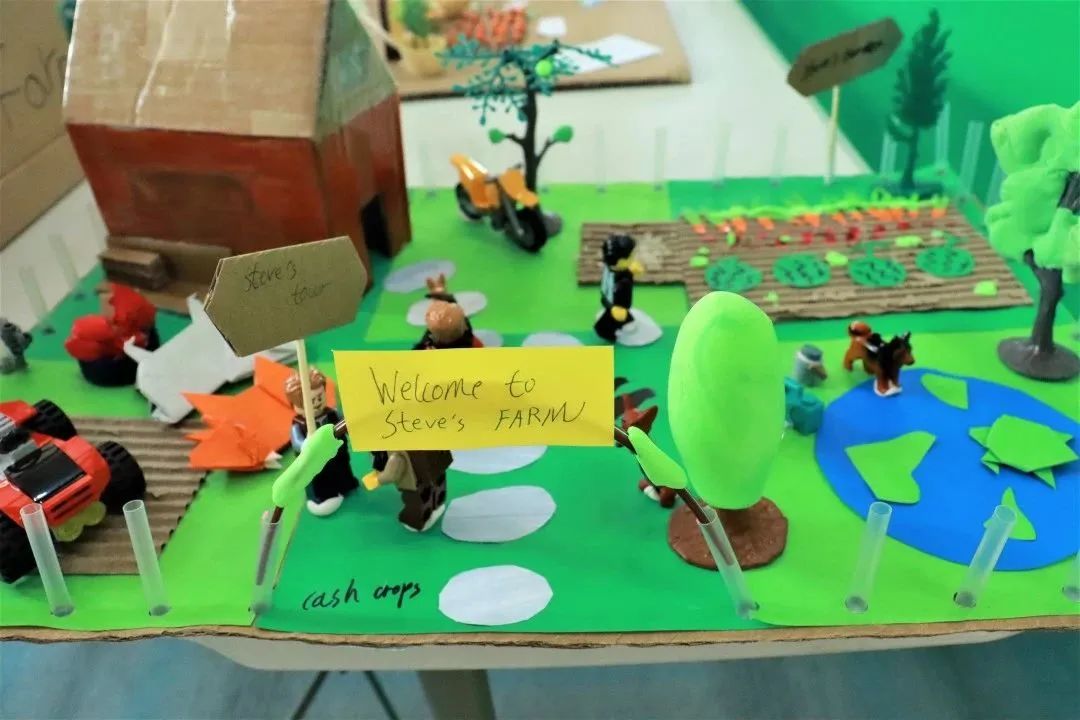
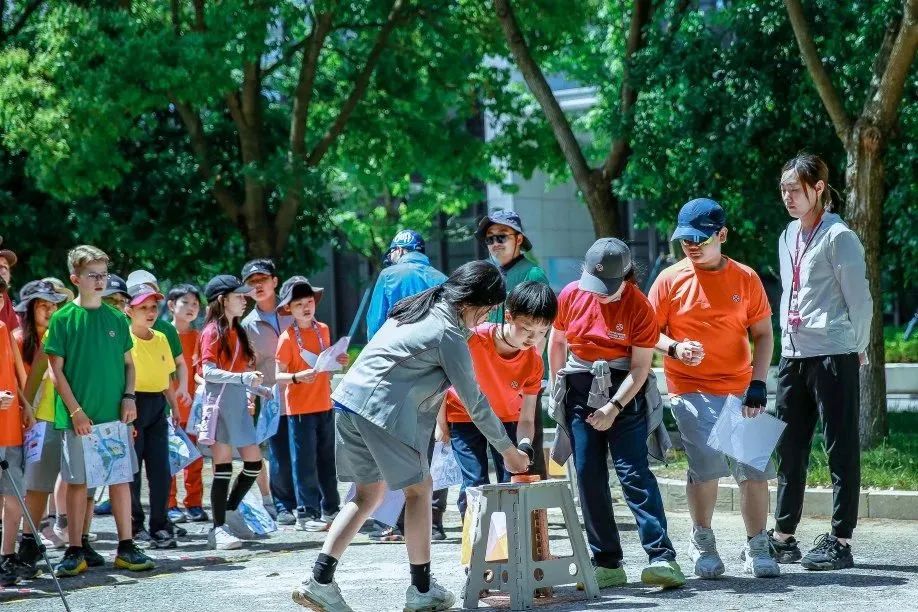
In regular lessons throughout the year, there is usually a clear goal of what students should achieve, whereas during Week Without Walls students play a key part in setting their goals and defining the outcomes of their projects, and the result of this is a wonderful variety of ideas and presentations that students and parents alike can explore during the exhibit at the end of the week. Week Without Walls can be an intense week for teachers who dedicate a lot of time into planning into the engaging activities, but it is always a week that the students truly enjoy – and the enjoyment of the students is what makes all the work worthwhile.




 ENGLISH
ENGLISH 简体中文
简体中文

